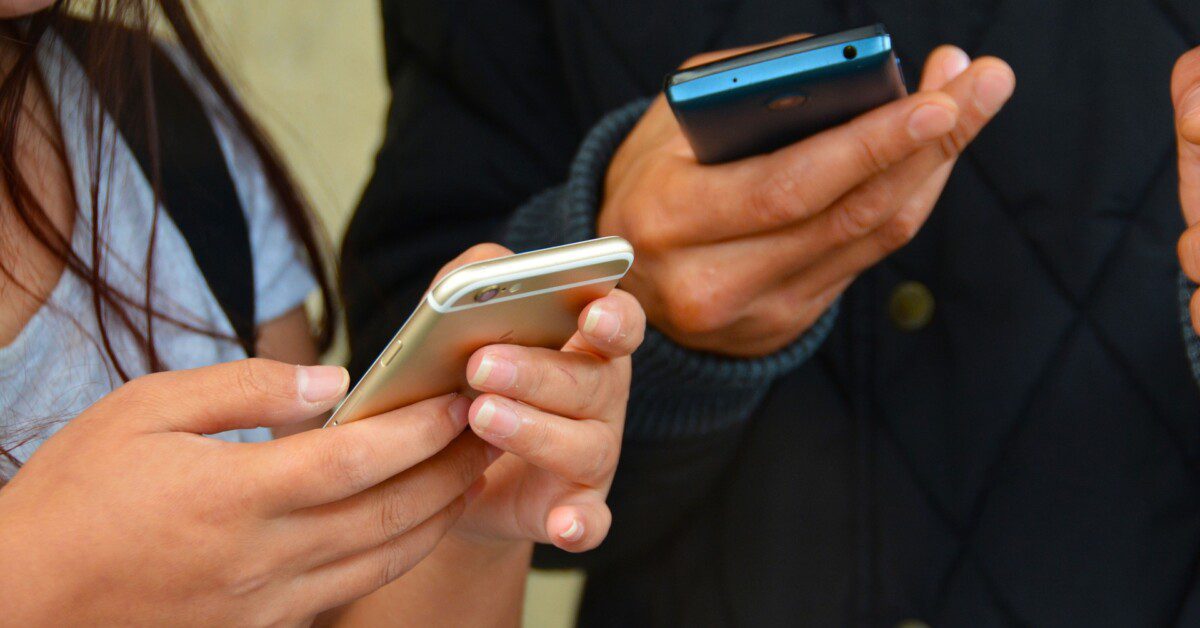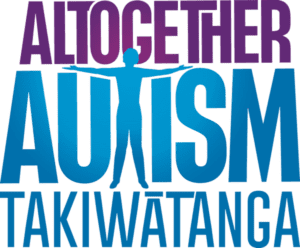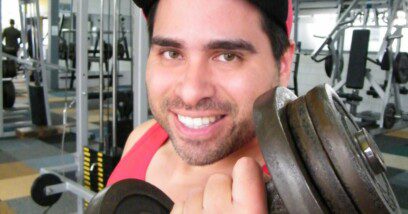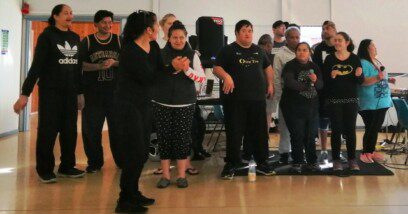
It’s important to talk with your teen honestly and openly — and without judgement. Good communication with your teen means they’re more likely to come to you when they have any questions or concerns, or if they need help with something.
If you’re having trouble talking with your teen, you can get tips from the booklet Open and Honest, a guide to talking with your child about sex and sexuality that’s available from the Family Planning website.
You could also think about other trusted people your teen may feel comfortable talking with, like an aunt or uncle or an adult sibling. And you may want to talk with your teen’s school to find out what health topics will be covered during the year so you can better support their learning.
It’s not always easy to find good resources for young people with disabilities. A number of support organisations provide access to libraries that offer a range of disability related resources, including information about sex, sexuality and health. In most cases, anyone can borrow resources free of charge from anywhere in the country, although you may have to cover some of the costs of postage. Search the libraries at IHC, Parent to Parent and CCS Disability Action.
Sex and consent
As your child grows, their relationships with others will become increasingly important to them, and they are likely to become interested in sex. It’s important to give your teens the tools to help them make good, safe decisions about sex.
Rape Prevention Education has developed Bodysafe, an education programme for secondary schools that promotes healthy, respectful relationships. You can visit the Bodysafe website to find lots of clear information about what it means to have respect for someone, and guidance around the issue of consent.
Sexual and reproductive health
You may want to get to know the facts first so you feel more confident talking with your teen. The Family Planning website has lots of straight-forward information about sex, sexuality and reproductive health. Family Planning clinics also provide a free service to New Zealanders under 22, including access to free testing and contraception.
Health Click produces resources for young people and those with disabilities, and for their parents, educators, therapists and care givers. Annette Milligan, the managing director of Health Click Ltd has some tips to make sex education easier in the Altogether Autism Journal Issue 1, 2018.
Keeping safe from abuse
Keeping Ourselves Safe (KOS) is a child protection programme developed by New Zealand Police and taught in most New Zealand schools. Young people learn skills appropriate for their age group to help them interact safely with others and to recognise the difference between healthy and unhealthy relationships.
Other useful resources
Common Ground is a website that aims to help parents and caregivers recognise when their children are struggling. It identifies some of the warning signs of things like abusive relationships, drug and alcohol abuse, bullying, self-harm, eating disorders and depression. It also gives parents and caregivers advice about how to talk about these things with teens, how to take action, and where to find support.
The New Zealand Police has developed the Kia Kaha programme to combat bullying and promote respectful relationships. The programme encourages young people to accept diversity, to create safe environments for everyone, and it lets them know how to find support if they are being bullied.
Netsafe has advice for parents about keeping young people safe from predators, cyber bullies and explicit material when they’re online.
Take a look at our pages on managing healthy relationships and supporting your teen’s mental wellbeing for more resources.





